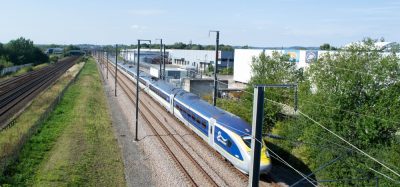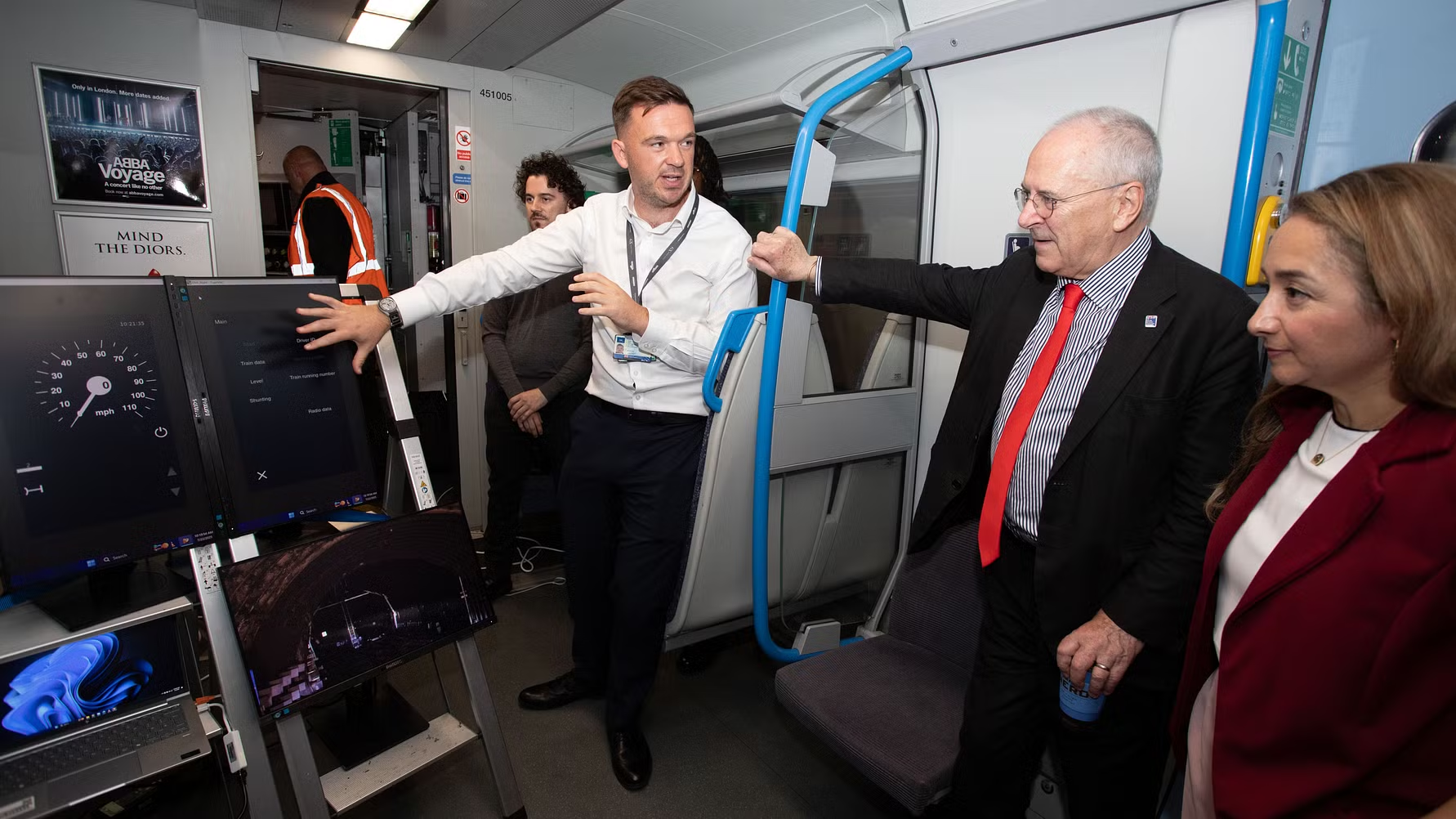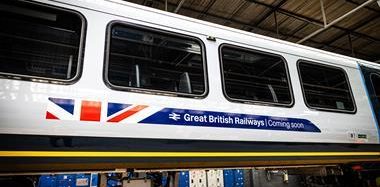ARA launches action plan to reinforce greater use of rail freight
Posted: 17 September 2021 | Global Railway Review | No comments yet
The Australasian Railway Association has announced its Rail Freight Action Plan, which will focus on reformation, investment, and a modal shift for the rail freight industry.


The agenda was launched today (17 September 2021) and Caroline Wilkie, Australasian Railway Association (ARA) Chief Executive Officer said the plan outlined a significant programme of work to improve the regulatory environment, promote investment in rail and increase rail freight’s modal share.
“Rail will meet almost three quarters of the growth in demand for Australia’s freight task to 2030 and is a crucial part of ensuring sustainable and efficient supply chains,” commented Caroline.
“The Rail Freight Action Plan confirms a strong agenda to support greater use of rail to meet our current and future freight needs.”
Caroline further added that the ARA was working closely with rail freight industry stakeholders to deliver the actions outlined in the plan over the next 12 months.
“The ARA is embarking on a range of actions to shape policies and complete research on key issues affecting the rail freight sector,” said Caroline.
“We have already established three new working groups with industry leaders to explore opportunities for modal shift, competitive neutrality and interoperability.
“These groups will play a crucial role in ensuring the action plan delivers solutions that make a real difference for industry while meeting community needs.”
The modal shift working group will define the key measures that will support greater use of rail, including consideration of mode shift incentive schemes.
The competitive neutrality working group will identify areas where competitive inequality exists between different freight modes, and the steps that must be taken to address these issues.
The interoperability working group will identify current challenges impacting rail freight efficiency and productivity and make the case for regulatory reform to support improved outcomes for the sector.
Caroline said research on rail freight productivity and an analysis of the National Heavy Vehicle Regulator’s regulatory model, compared to regulations governing the rail freight sector, were underway.
Further research on sustainability was also planned, in line with the actions confirmed in the ARA’s sustainability strategy.
“These projects will deliver significant insights into the challenges and opportunities facing the sector,” added Caroline.
“We look forward to working alongside the industry to build on this work and support a strong future for rail freight.”
The plan builds on the ARA’s Rail Freight Executive Committee strategy released last year, in 2020.
It was developed following a detailed consultation process with rail freight stakeholders, including above and below rail businesses, ports, intermodal terminal operators, customers, and industry advocates.
Global Railway Review Autumn/ Winter Issue 2025
Welcome to 2025’s Autumn/ Winter issue of Global Railway Review!
The dynamism of our sector has never been more apparent, driven by technological leaps, evolving societal demands, and an urgent global imperative for sustainable solutions.
>>> Read the issue in full now! <<<
Related topics
Cargo, Freight & Heavy-Haul, Funding & Finance, Regulation & Legislation, Sustainability/Decarbonisation







